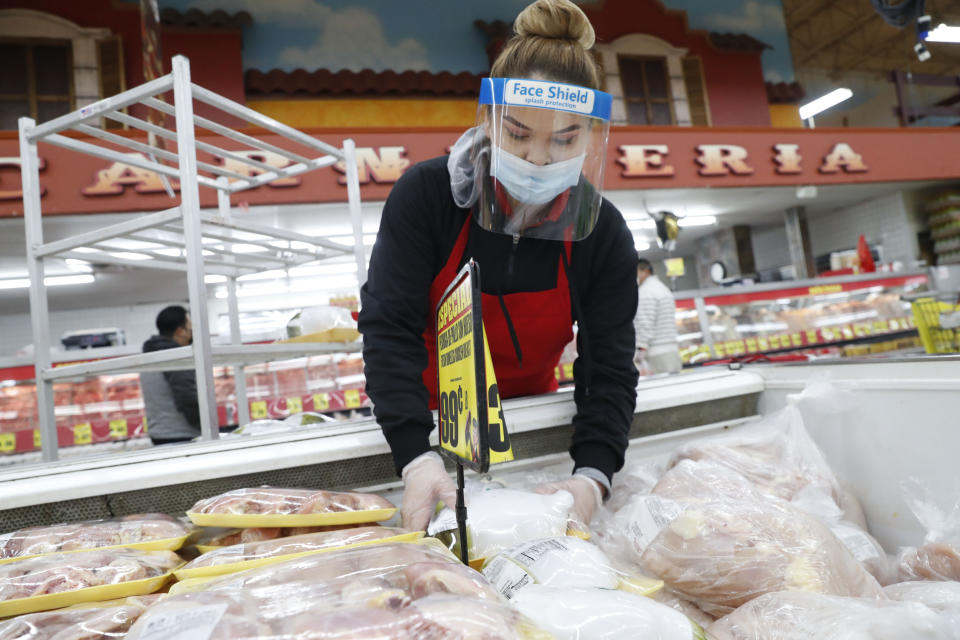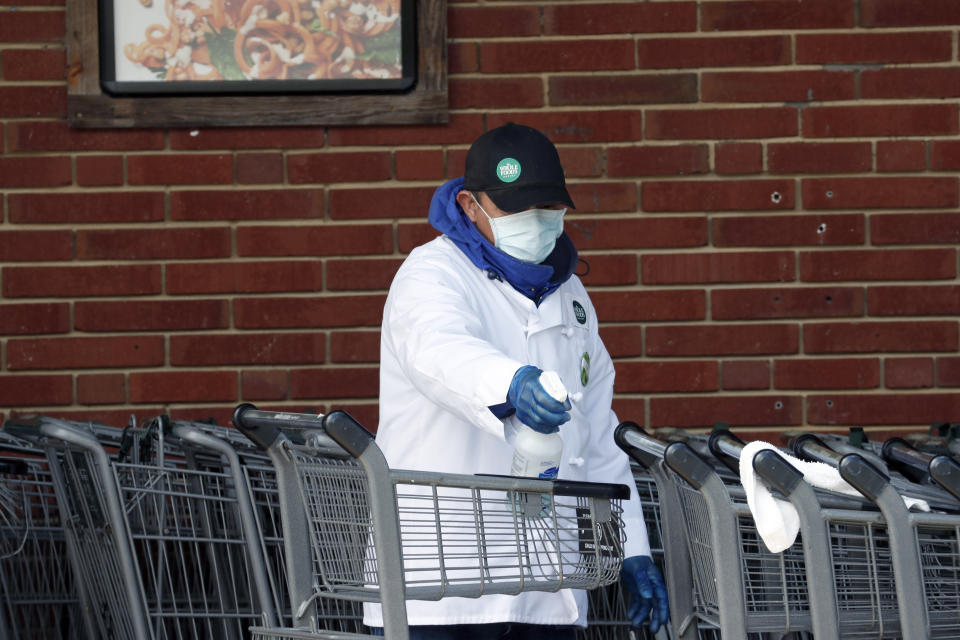Coronavirus retail shift helps laid off Americans find work: report
More than 26 million Americans have lost their jobs over the past five weeks as stay at home orders imposed across the U.S. to combat the coronavirus pandemic have transformed the retail landscape.
Companies shed jobs at a record pace while retail sales for key consumer categories crashed in March. The worst decline in decades was the result of sales at gas stations, department stores, sporting goods, restaurant and clothing stores, all falling deep into negative territory. The retail collapse has triggered fears that the U.S. economy is headed towards a repeat of the Great Depression.
“This would mean an unemployment rate of 20.6%, which is closing in on the Great Depression level where a quarter of all jobs in the country disappeared,” said MUFG Chief Financial Economist Chris Rupkey. “At this point it would take a miracle to keep this recession from turning into the Great Depression II.”
As Americans sheltered in place in March, consumer demand shifted to grocers, pharmacies, and food delivery services – the U.S. economy’s essential retailers, according to a new LinkedIn workforce report.

In March online spending rose 3.1% and grocery sales climbed as much as 26.9%.
Keeping up with that demand has led to a spike in hiring for delivery and warehouse retail workers, specifically warehouse associates and assistants, delivery managers, and drivers, as well as store clerks and stockers.
The coronavirus has also created new work assignments such as sanitizing carts numerous times a day and wiping down acrylic dividers separating cashiers and customers at many grocery stores, according to LinkedIn.
Job applications for the “essential retail” category skyrocketed 88% nationally in March, as laid-off retail workers, cashiers, hairdressers, manicurists, and other professionals sought employment. According to the latest employment report from the Bureau of Labor Statistics, the leisure and hospitality industry lost 459,000 jobs and retail employment fell by 46,000 in March, while the unemployment rate rose to 4.4%.

While job applications for essential retail boomed nationwide, the uneven impact of the coronavirus did lead to a big discrepancy in applications by geographical area.
Applications rose by more than 100% in Sacramento, Nashville, Miami, Atlanta, and Phoenix. The increase in applications was more modest in Dallas, Houston, Chicago, the San Francisco Bay Area, and Los Angeles, rising 50% to 100%. Applications went up by less than 50% in Detroit and New York.
“New York and Detroit are the two that really caught our eye in terms of cities that have had high incidents of Covid-19 cases. It may be that there’s perhaps a little more hesitation among job seekers [there as opposed to] other cities [where] you’ve had the slowdowns [in coronavirus cases],” said George Anders, LinkedIn’s senior editor at large.
LinkedIn data indicates that essential retail applications peaked nationwide during the last week of March.
More from Sibile:
Small-business owner describes frustrating PPP experience with longtime banker JP Morgan Chase
Coronavirus lockdown may have this deadly secondary effect
Coronavirus cancellations: Outrage over lack of refunds as 59 million people lost money
Restaurants fear small business sweeteners for coronavirus package won’t be enough
More than one-third of small businesses may not last a month: poll

 Yahoo Finance
Yahoo Finance 